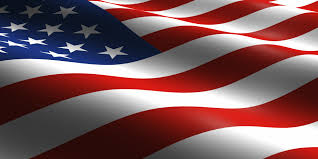(Reuters) – Poverty in the United States is extensive and deepening under the Trump administration whose policies seem aimed at removing the safety net from millions of poor people, while rewarding the rich, a U.N. human rights investigator has found. Philip Alston, U.N. special rapporteur on extreme poverty, called on U.S. authorities to provide solid social protection and address underlying problems, rather than “punishing and imprisoning the poor”. In a report, Alston said that as welfare benefits and access to health insurance were being slashed, President Donald Trump’s tax reform awarded “financial windfalls” to the mega-rich and large companies, further increasing inequality.
Extreme poverty in the United States, however, is not new. Alston said U.S. policies since President Lyndon Johnson’s war on poverty in the 1960s have been “neglectful at best”. “But the policies pursued over the past year seem deliberately designed to remove basic protections from the poorest, punish those who are not in employment and make even basic health care into a privilege to be earned rather than a right of citizenship,” Alston said. A U.S. official in Geneva, asked for comment, told Reuters: “The Trump Administration has made it a priority to provide economic opportunity for all Americans.”
Almost 41 million people or 12.7 per cent live in poverty, 18.5 million in extreme poverty, and children account for one in three poor, Alston said. The United States has the highest youth poverty rate among industrialised countries, he added. However, the data from the U.S. Census Bureau he cited covers only the period through 2016, and he gave no comparative figures for before and after Trump came into office in January 2017. Alston, a veteran U.N. rights expert and New York University law professor, will present his report to the United Nations Human Rights Council later this month.
It is based on a mission by the Australian in December to several U.S. states, including rural Alabama, a slum in downtown Los Angeles, California, and the U.S. territory of Puerto Rico. Alston said that a tax overhaul that passed the Republican-controlled U.S. Congress in December will ensure the United States remains the most unequal society in the developed world. Trump has said tax cuts will lead to more take-home pay for workers and has touted bonuses some workers received from their employers as evidence the law is working. The tax code also includes a measure to support locally-directed efforts to fight unemployment and poverty.

